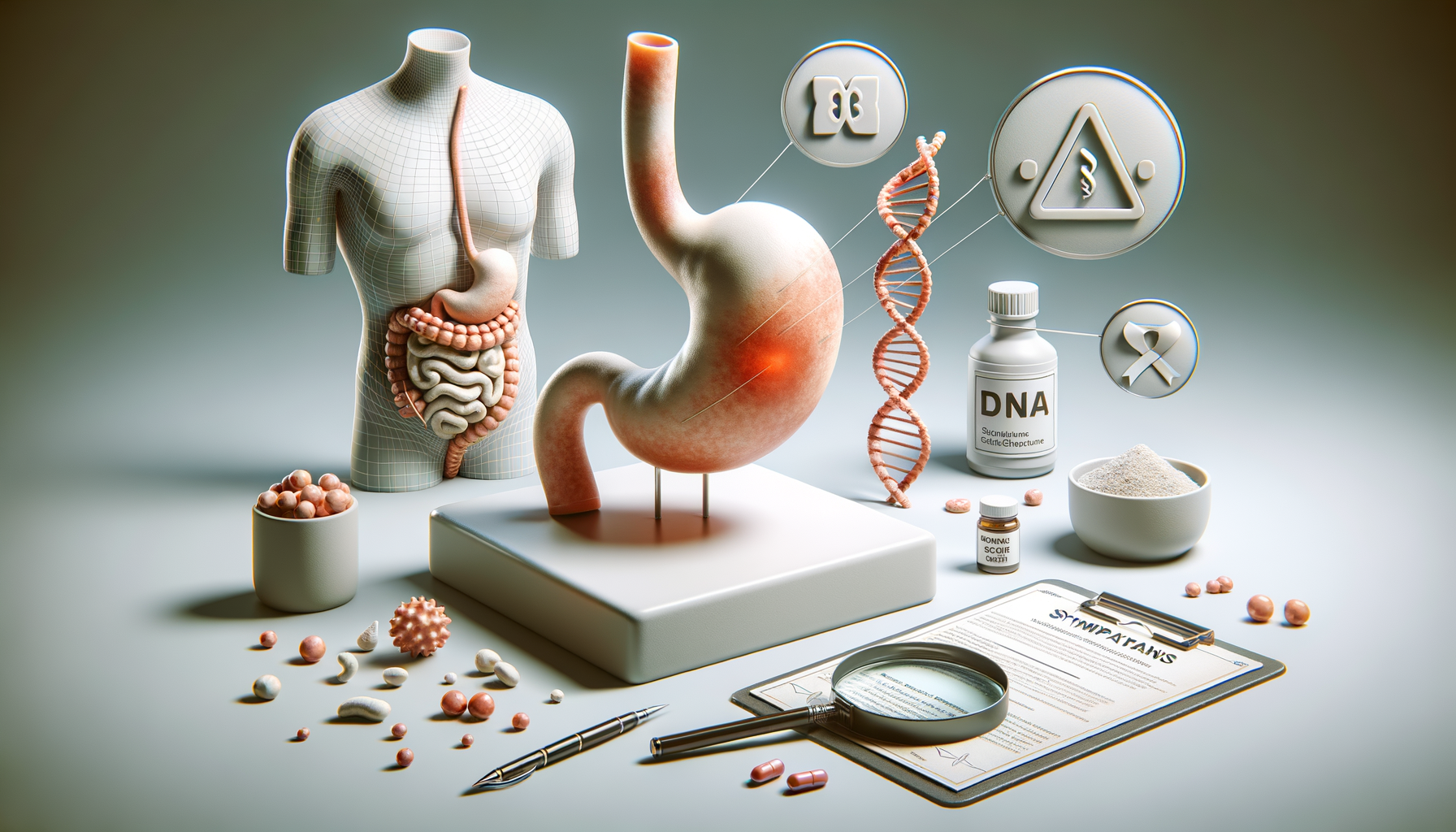Introduction to Stomach Cancer
Stomach cancer, also known as gastric cancer, is a serious illness that affects many people worldwide. It often goes unnoticed in its early stages due to subtle symptoms, making it a challenging disease to diagnose early. Understanding the signs and symptoms of stomach cancer is vital for early detection and treatment, which can significantly improve outcomes. This article delves into the various signs of stomach cancer, aiming to raise awareness and encourage timely medical consultation.
Common Symptoms of Stomach Cancer
Stomach cancer symptoms can be vague and easily mistaken for less severe conditions. Common signs include:
- Persistent indigestion or heartburn
- Unexplained weight loss
- Nausea and vomiting, sometimes with blood
- Feeling full after eating small amounts
- Stomach pain or discomfort
These symptoms can overlap with other gastrointestinal issues, which is why they are often overlooked. However, if these symptoms persist, it is crucial to seek medical advice. Early-stage stomach cancer may not cause noticeable symptoms, making vigilance essential.
Advanced Symptoms and Warning Signs
As stomach cancer progresses, the symptoms become more pronounced and severe. Advanced signs include:
- Difficulty swallowing
- Blood in stools or black stools
- Fatigue and weakness
- Swelling or fluid build-up in the abdomen
These symptoms indicate that the cancer may have spread beyond the stomach. At this stage, the disease may affect other organs, necessitating immediate medical intervention. Understanding these advanced symptoms can help in recognizing the seriousness of the condition and prompt timely treatment.
Risk Factors and Their Impact
Several risk factors can increase the likelihood of developing stomach cancer. These include:
- Age, with a higher risk in people over 50
- Gender, as it is more common in men
- Diet high in salty and smoked foods
- Family history of stomach cancer
- Infection with Helicobacter pylori
Understanding these risk factors is crucial for prevention and early detection. Lifestyle changes, such as a healthier diet and regular medical check-ups, can mitigate some of these risks. Additionally, being aware of personal and family medical history can guide individuals in seeking appropriate screenings.
When to Seek Medical Advice
Recognizing when to seek medical advice is crucial in managing stomach cancer. If you experience persistent symptoms, especially those mentioned earlier, it is important to consult a healthcare professional. Early diagnosis can lead to better treatment options and outcomes. Regular screenings and consultations, particularly for those with risk factors, play a vital role in early detection. Remember, it is always better to err on the side of caution when it comes to health concerns.
Conclusion: Awareness and Early Detection
Awareness of the signs and symptoms of stomach cancer is the first step towards early detection and treatment. While the symptoms can be subtle and easily confused with other conditions, paying attention to persistent changes in your health is crucial. By understanding the risk factors and being proactive in seeking medical advice, individuals can improve their chances of successful treatment. Stomach cancer may be a serious condition, but with awareness and timely action, it is possible to manage and treat effectively.




Leave a Reply